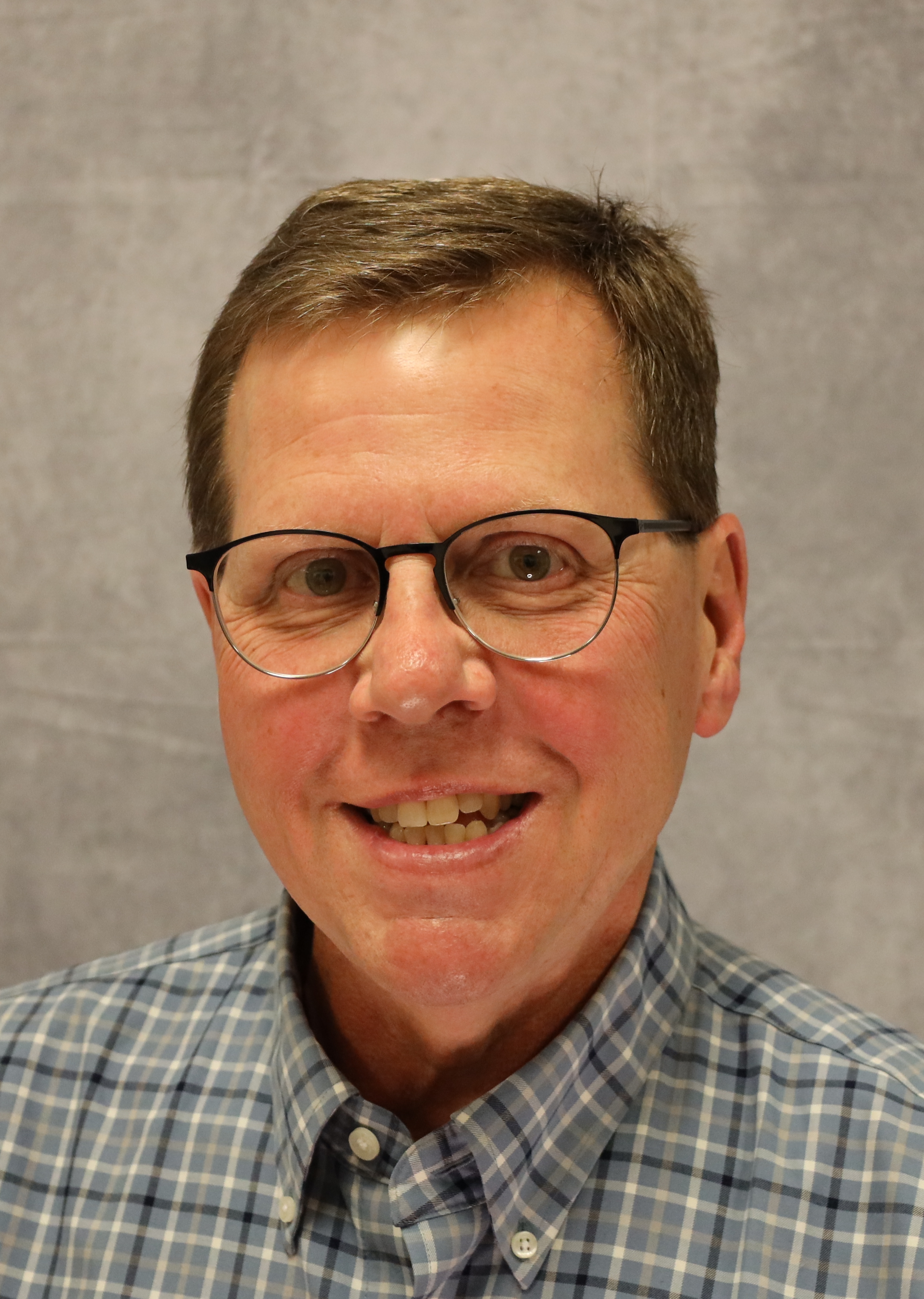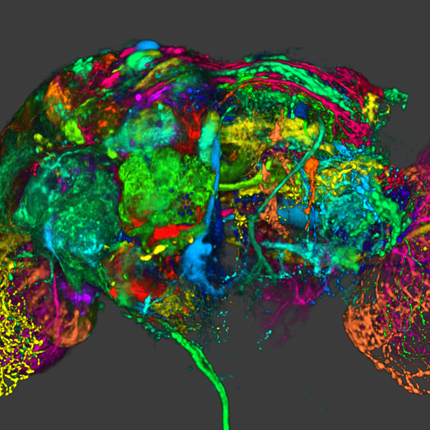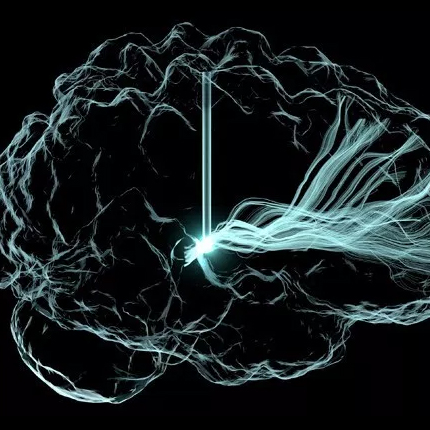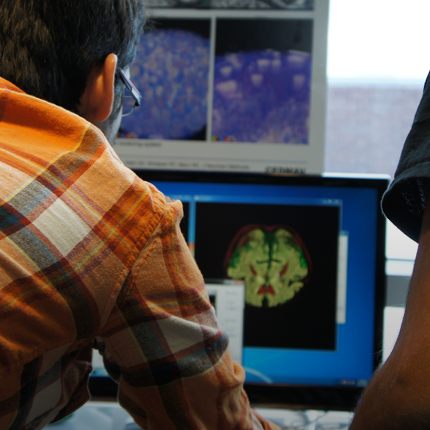Events on April 4, 2024

Michael Heroux Presents:
No Going Back: Irreversible Trends in Advanced Scientific Computing and How to Prepare
April 4, 2024 at 2:00pm for 1hr
Evans Conference Room, WEB 3780
Warnock Engineering Building, 3rd floor.
Abstract:
The scientific computing field has always driven and been impacted by broader technology and scientific trends. The nearly insatiable need for computing resources to improve fidelity, increase integration of multiple concerns and to reduce the cost and time to obtain results, means that the field has always been on the forefront of innovation. In the past few years, the advent of generative AI technologies has further accelerated advances and greatly impacted the trajectory of computing for science.
In this presentation, we explore trends in computing architecture, computing models, scientific productivity, and the growing need for integrating social and cognitive sciences into our scientific computing efforts. We make several observations and end with suggestions for how to prepare for future opportunities to make scientific computing better, faster, and cheaper.
Biography
Michael (Mike) Heroux is a Senior Scientist at Sandia National Laboratories, Director of Software Technology for the US Department of Energy Exascale Computing Project (ECP), and Scientist in Residence at St. John’s University, MN USA. His research interests include all aspects of scalable scientific and engineering software for new and emerging parallel computing architectures.
He is the founder of the Trilinos scientific libraries, Kokkos performance portability, Mantevo miniapps, and HPCG Benchmark projects, and leads the Extreme-scale Scientific Software Stack (E4S) project in DOE, a curated collection of HPC software libraries and tools. He is also the PI of the PESO software-ecosystem stewardship and advancement project focused on post-ECP scientific software efforts.
Mike is a Fellow of the Society for Industrial and Applied Mathematics (SIAM), a Distinguished Member of the Association for Computing Machinery (ACM), and a Senior Member of IEEE. He serves on the ACM Publications Board and is chair of the ACM New Publications Committee.
Posted by: Kate Craven




